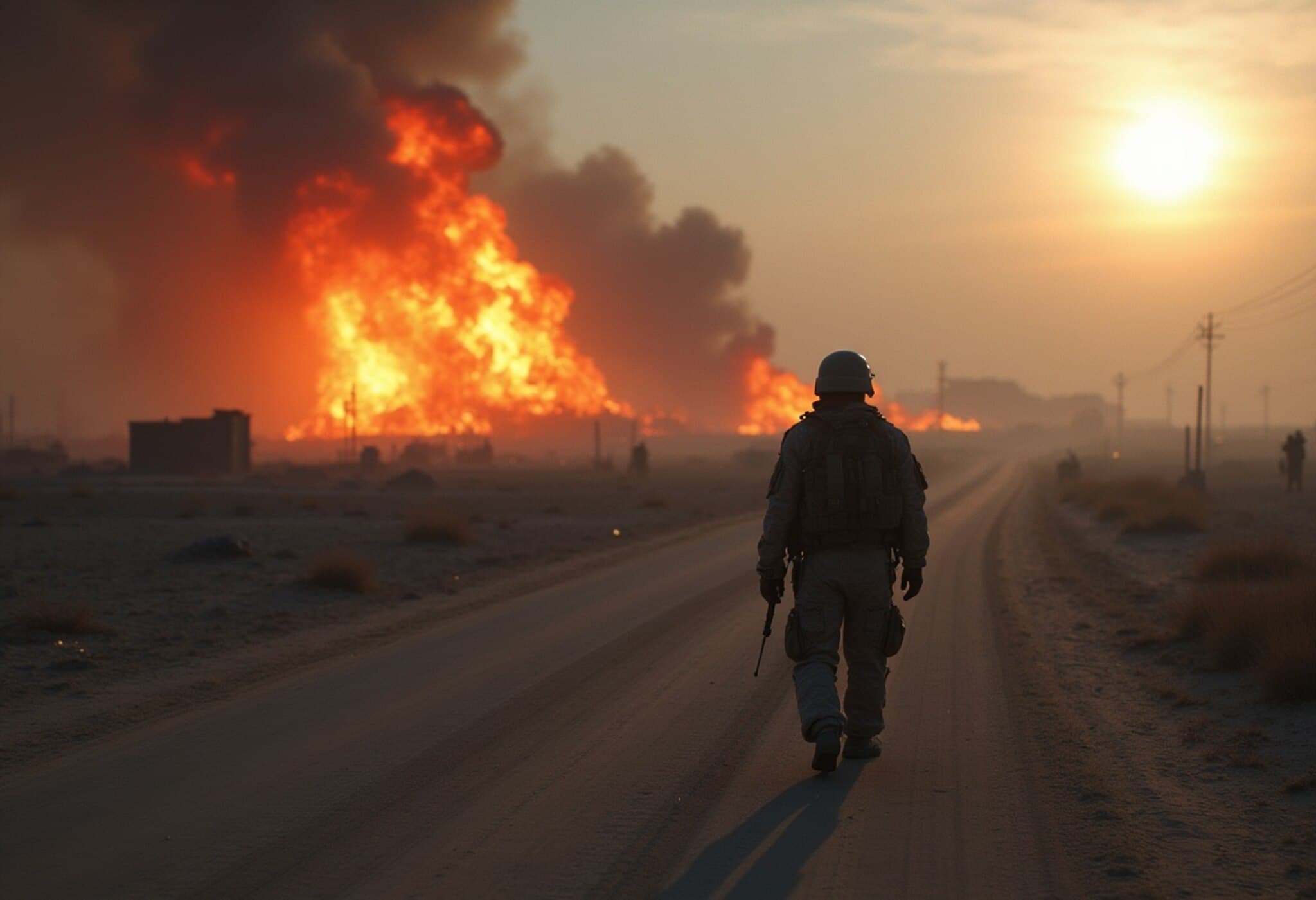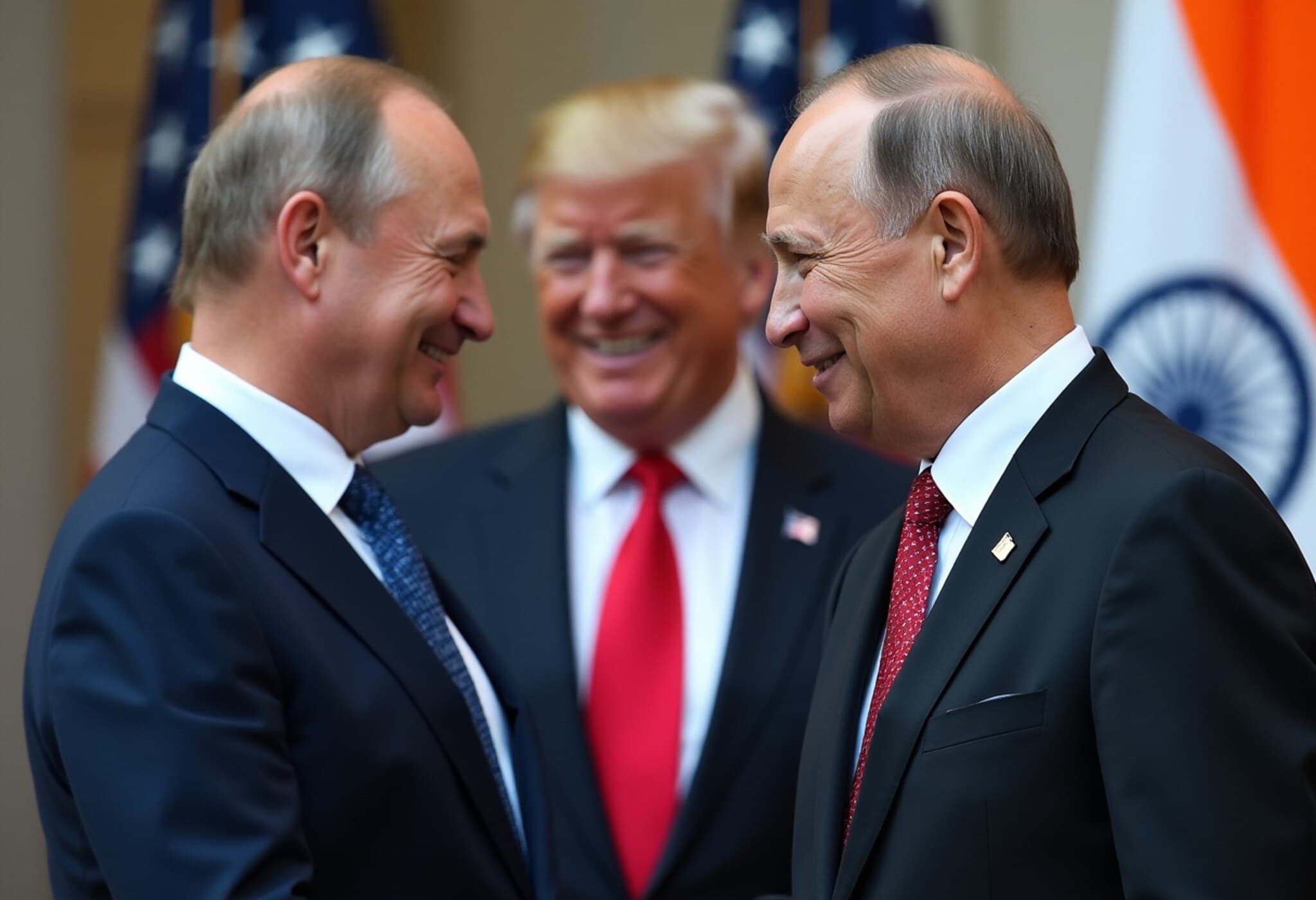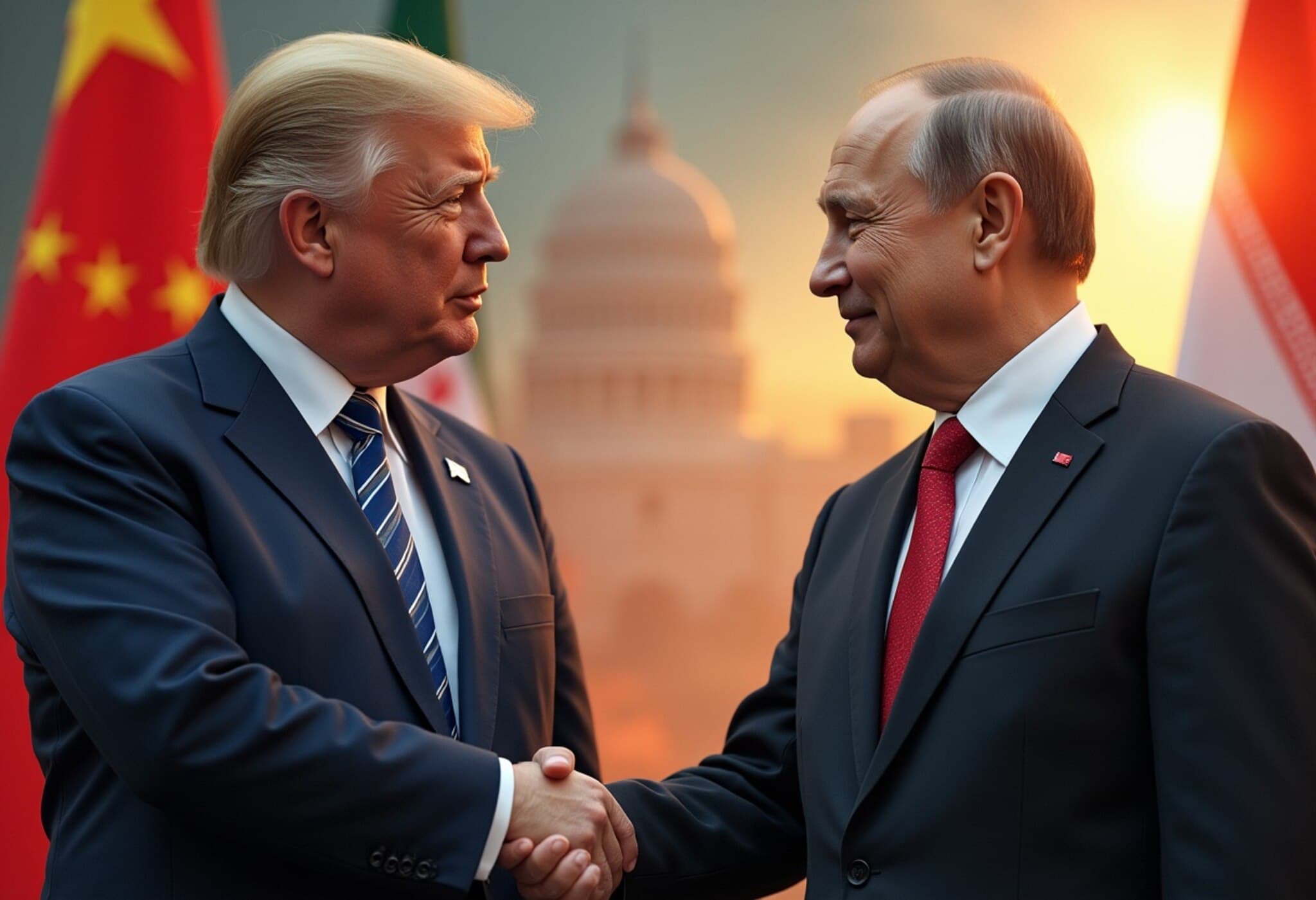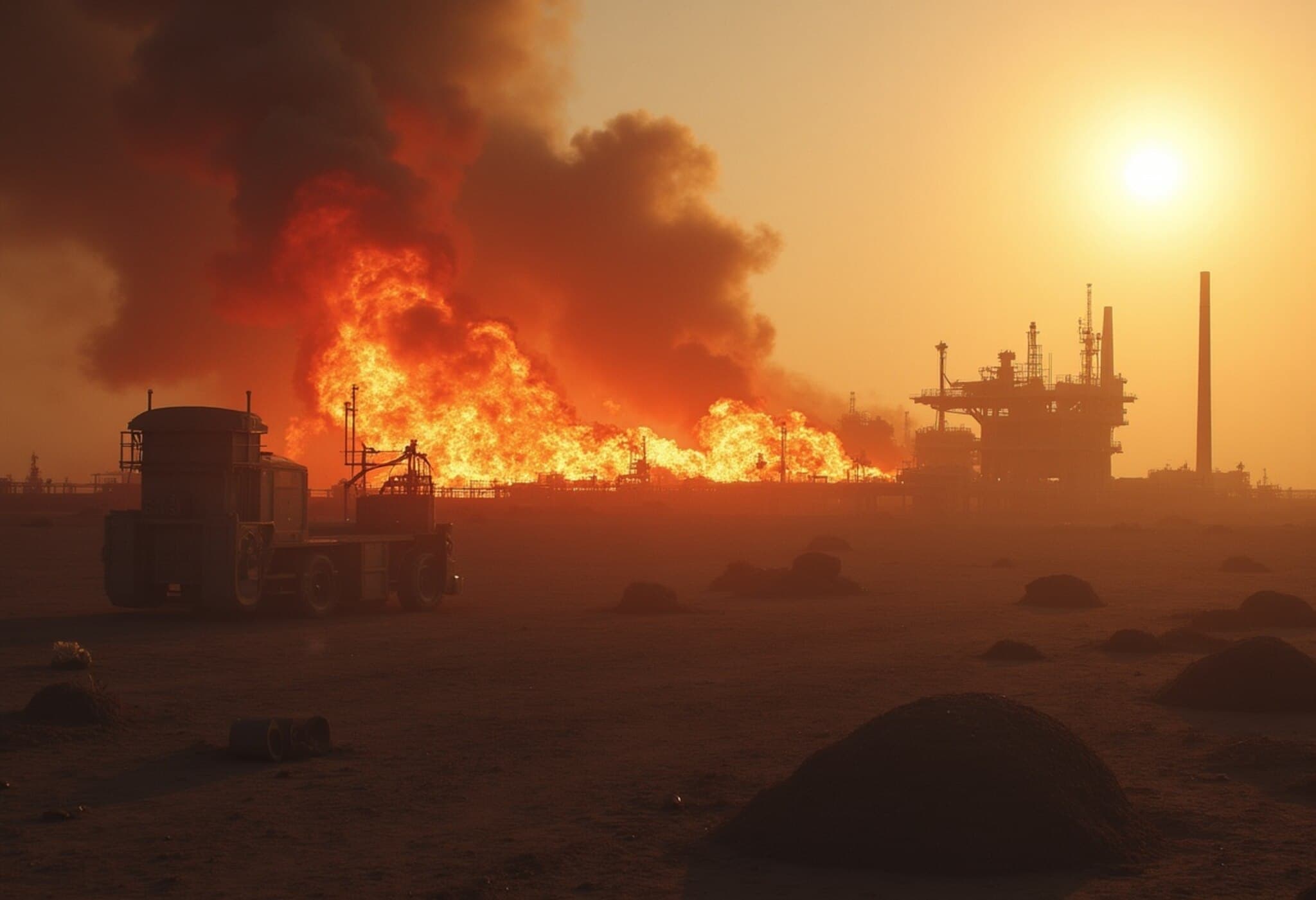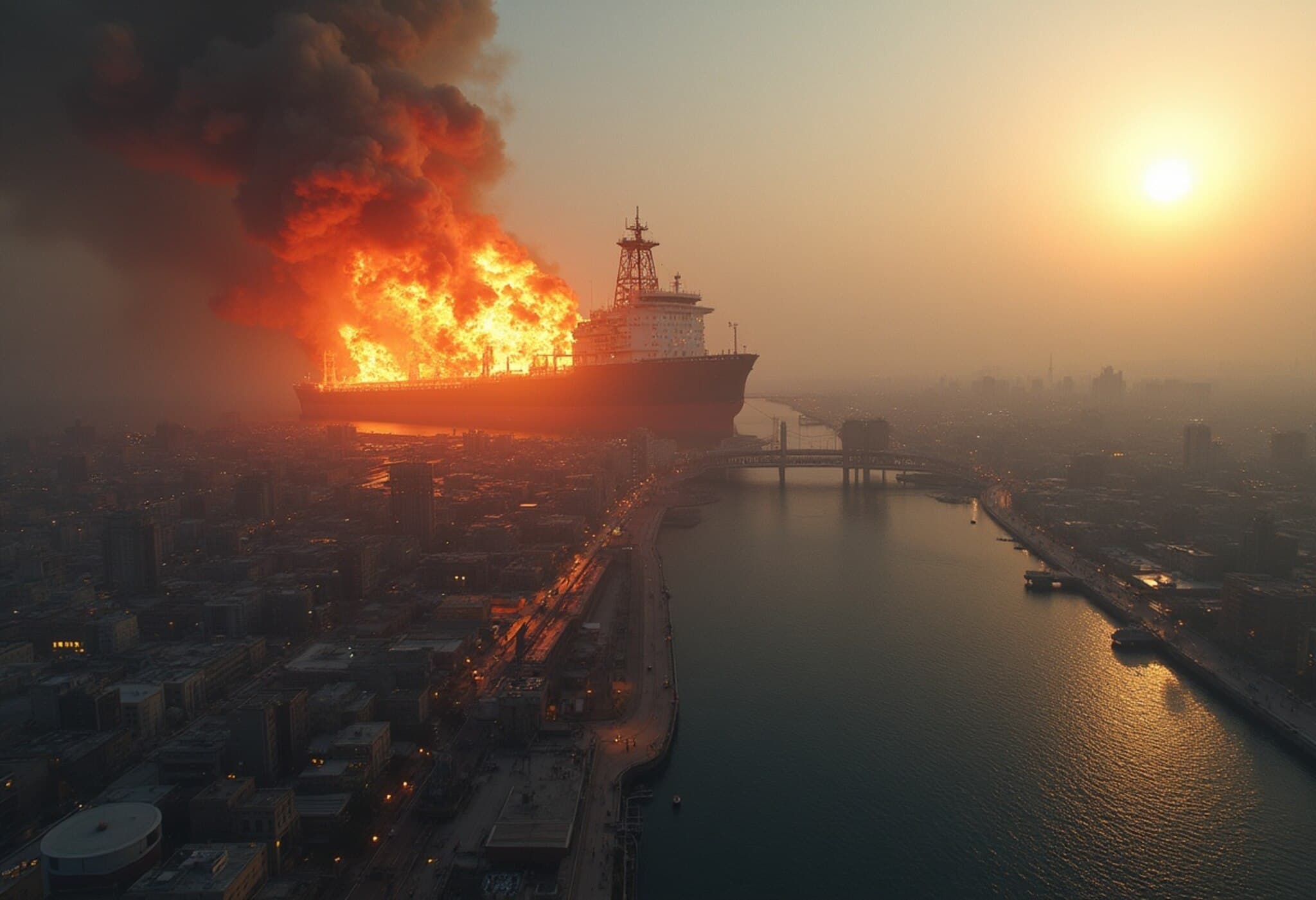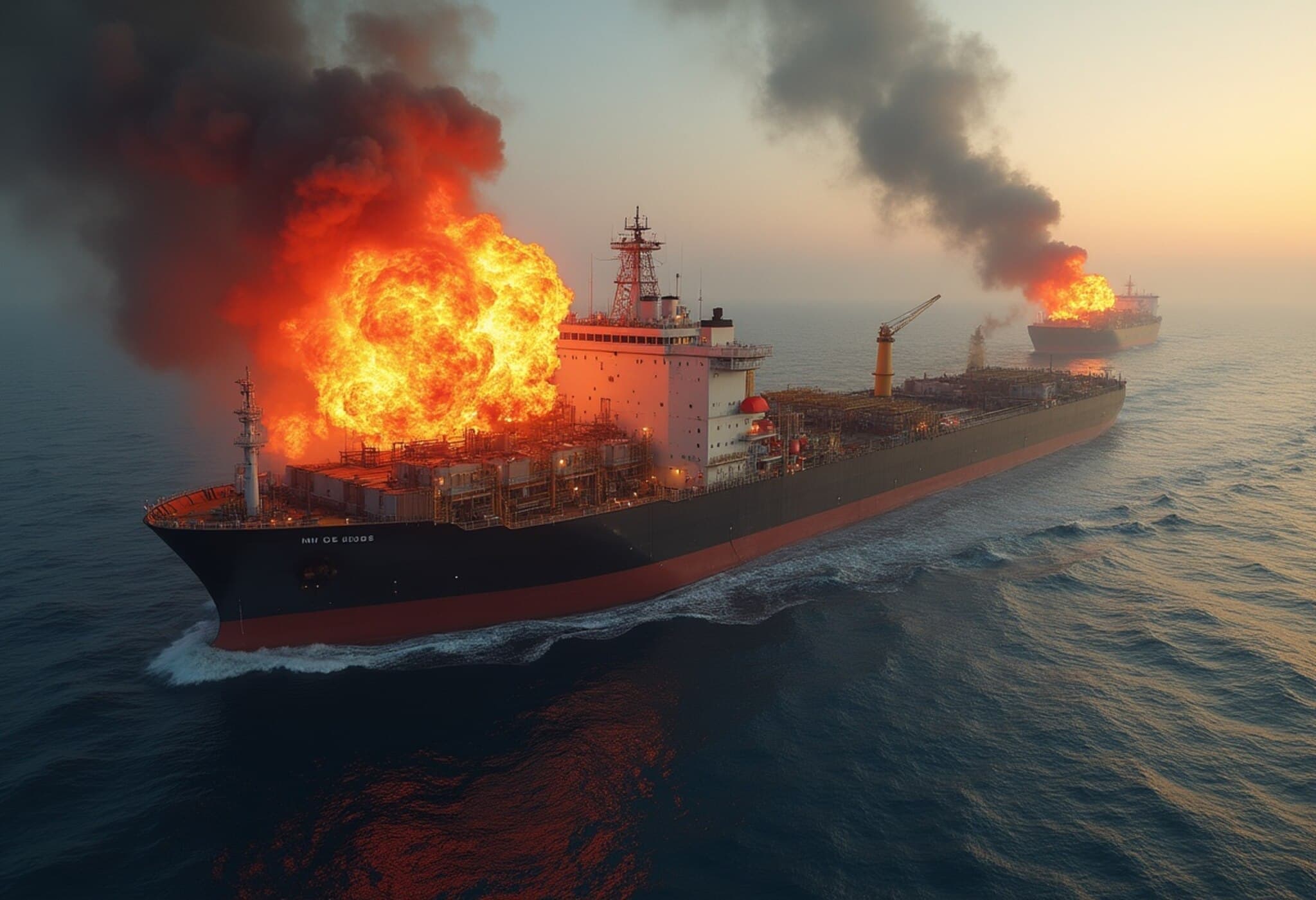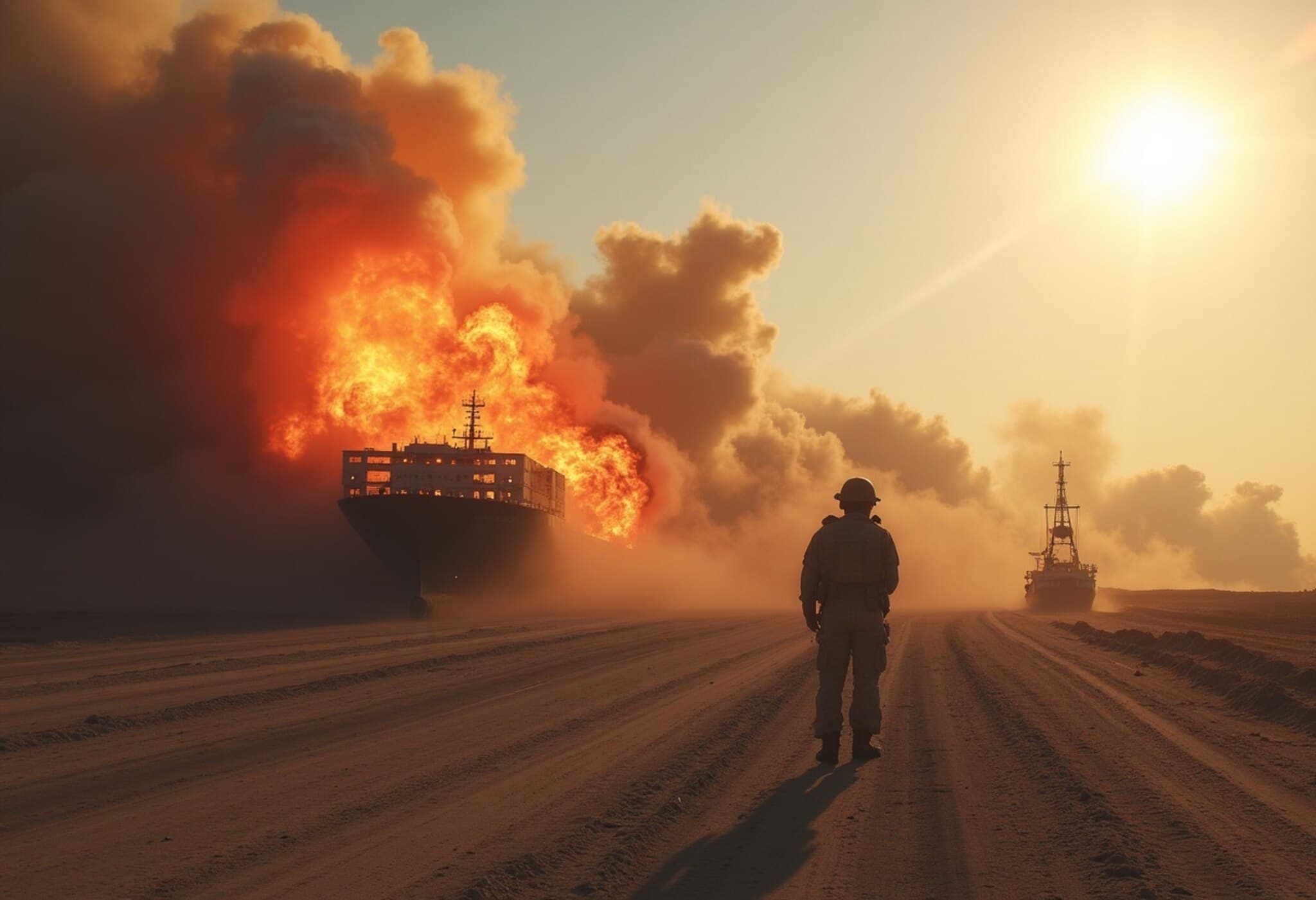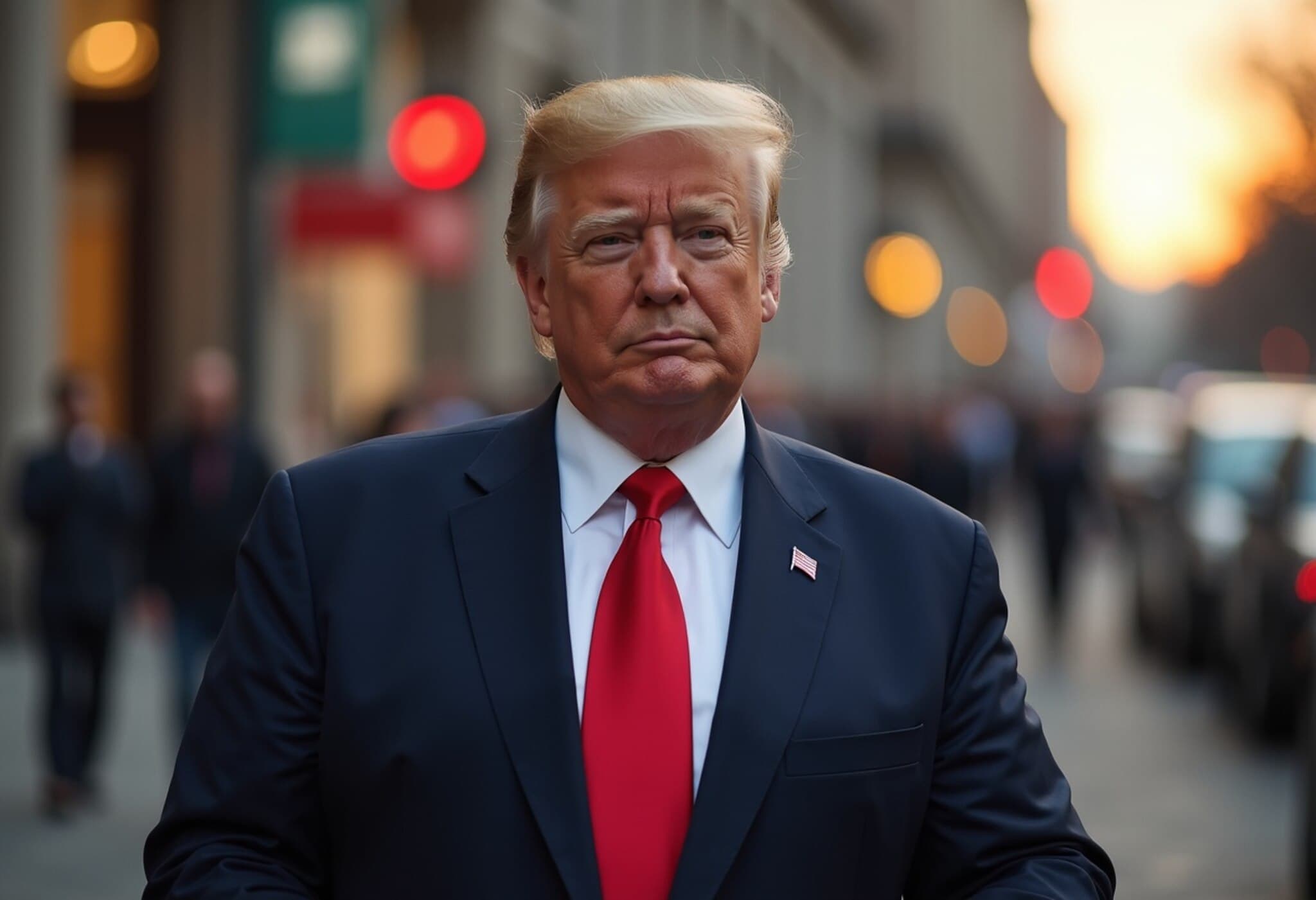Israel-Iran Ceasefire Holds Amid Lingering Tensions
The delicate ceasefire between Israel and Iran, brokered just days ago, seems to be intact for now, offering a sigh of relief to global markets. Although tensions flared immediately after the truce—with Israel accusing Iran of missile attacks and Iran denying the claims—a fragile armistice has steadied the situation.
U.S. President Donald Trump, who played a pivotal role in negotiating the ceasefire alongside Qatar’s Emir Sheikh Tamim bin Hamad Al Thani, voiced his dissatisfaction regarding continued hostilities but his stern stance appeared to help de-escalate the conflict. As a result, flights have resumed at Israel’s Ben Gurion Airport, and Iran’s airspace has partially reopened.
Stocks Surge on Optimism Over Peace
Investors reacted positively to hopes that the Israel-Iran ceasefire will hold. On Tuesday, key U.S. indexes soared:
- The S&P 500 jumped by 1.11%, closing just shy of its 52-week high.
- The Dow Jones Industrial Average gained 1.19%.
- The Nasdaq Composite climbed 1.43%, also reaching an all-time high.
- European markets followed suit, with the Stoxx Europe 600 rising 1.11%.
Meanwhile, energy stocks lagged behind as oil prices continued their downward trend.
Oil Prices Slide as Supply Concerns Ease
For the second consecutive day, oil prices fell sharply amid market bets that the risk of major supply disruptions has diminished with reduced hostilities in the Middle East. Key benchmarks dropped significantly during U.S. trading:
- WTI crude declined 6%, closing at $64.37 a barrel.
- Brent crude fell 6.1% to $67.14 per barrel.
Prices were down nearly 7% on Monday, signaling strong investor confidence that oil flows will remain stable. Notably, President Trump indicated a possible easing of U.S. sanctions pressure on Iran, allowing China to continue purchasing Iranian oil.
Fed Chair Highlights Cautious Approach to Interest Rates
Federal Reserve Chair Jerome Powell testified before Congress, emphasizing that while the economy remains resilient, inflation is still above the Fed’s 2% target. He reiterated the Fed’s responsibility to prevent tariffs from becoming a persistent inflation driver. This combination led Powell to declare that the Federal Reserve is "well positioned to wait" before deciding on any further interest rate adjustments.
U.S. Commitment to NATO Remains Firm
As the NATO summit unfolds in The Hague, the alliance's Secretary-General Mark Rutte affirmed the unwavering commitment of the U.S. president and senior leadership to NATO. However, he underscored that the U.S. expects allies in Europe and Canada to ramp up defense spending to approach U.S. levels. Participating nations agreed on targets to increase expenditures to 5% of GDP by 2035, aiming for fairer burden sharing.
HSBC Strategist Cautiously Optimistic on Market Rally
The S&P 500’s rapid climb from its April lows has surprised many investors wary of a potential pullback. Despite this, Max Kettner, HSBC’s chief multi-asset strategist, expressed concern that he may not be "bullish enough" on the current rally, hinting at cautious optimism for further upside momentum.
Ongoing Strait of Hormuz Concerns Affect Shipping
Despite the easing of military tensions, security risks linger in the Strait of Hormuz, a critical global shipping corridor. Angeliki Frangou, CEO of a major Greece-based shipping company, reports that vessels continue to face disruptions from GPS signal jamming, causing a roughly 20% drop in ship passages and forcing many operators to restrict transits to daylight hours for safety.
Such maritime challenges continue to complicate logistics even as diplomatic progress unfolds on land.


